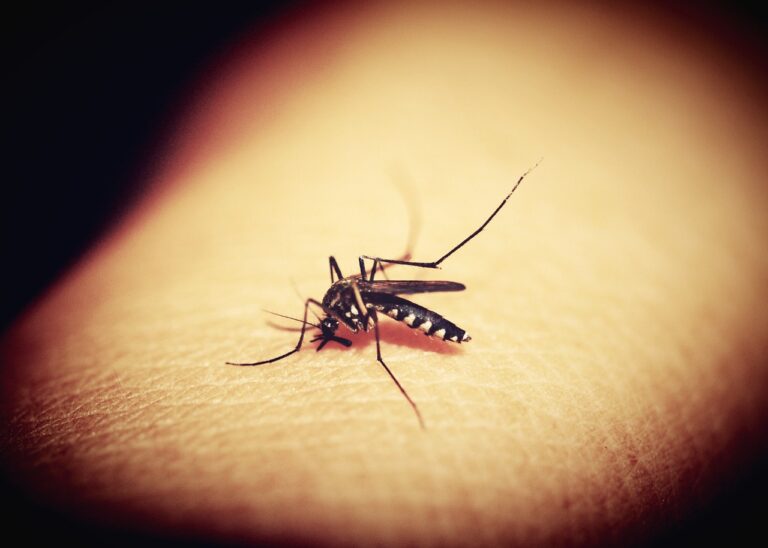Exploring the Role of Medical Laboratories in Biobanking: World 7 login, Mahadev book id login, Silver777 login
world 7 login, mahadev book id login, silver777 login: Exploring the Role of Medical Laboratories in Biobanking
Biobanking, the process of collecting and storing biological samples for research and diagnostic purposes, plays a crucial role in advancing medical science. Medical laboratories are at the forefront of this important work, as they are responsible for the collection, processing, and storage of these valuable samples.
The Role of Medical Laboratories in Biobanking
1. Sample Collection: Medical laboratories are responsible for collecting various biological samples, such as blood, tissue, urine, and saliva, from patients. These samples are then processed and analyzed to extract valuable genetic and molecular information.
2. Sample Processing: Once the samples are collected, medical laboratories process them to extract DNA, RNA, proteins, and other biomolecules. This process is crucial for research studies and diagnostic tests that rely on genetic and molecular information.
3. Sample Storage: Medical laboratories have specialized facilities for storing biological samples at optimal temperatures to preserve their integrity. These samples are stored long term for future research and diagnostic purposes.
4. Quality Control: Ensuring the quality of biological samples is essential for accurate research results and diagnostic tests. Medical laboratories have strict quality control measures in place to monitor the collection, processing, and storage of samples.
5. Data Management: Medical laboratories also play a key role in managing the data associated with biobanked samples. This includes tracking sample information, maintaining patient confidentiality, and ensuring compliance with regulatory requirements.
6. Collaboration with Researchers: Medical laboratories often collaborate with researchers and scientists to provide them with access to biobanked samples for their studies. This collaboration helps advance scientific knowledge and develop new treatments for various diseases.
7. Training and Education: Medical laboratories provide training and education to staff members involved in biobanking activities to ensure proper sample handling and storage procedures. This helps maintain the quality and integrity of biobanked samples.
8. Compliance with Regulations: Medical laboratories must adhere to strict regulatory requirements governing the collection, processing, and storage of biological samples. Compliance with these regulations ensures the ethical and legal use of biobanked samples.
FAQs
Q: What types of biological samples are typically stored in biobanks?
A: Biobanks store a wide range of biological samples, including blood, tissue, cells, urine, saliva, and DNA.
Q: How are biobanked samples used in research?
A: Biobanked samples are used in research studies to identify genetic markers for diseases, develop new diagnostic tests, and test the efficacy of new treatments.
Q: Can individuals donate their biological samples to biobanks?
A: Yes, individuals can voluntarily donate their biological samples to biobanks for research purposes with their informed consent.
In conclusion, medical laboratories play a crucial role in biobanking by collecting, processing, and storing biological samples for research and diagnostic purposes. Their expertise and commitment to quality ensure the integrity of biobanked samples, advancing scientific knowledge and improving patient care.







